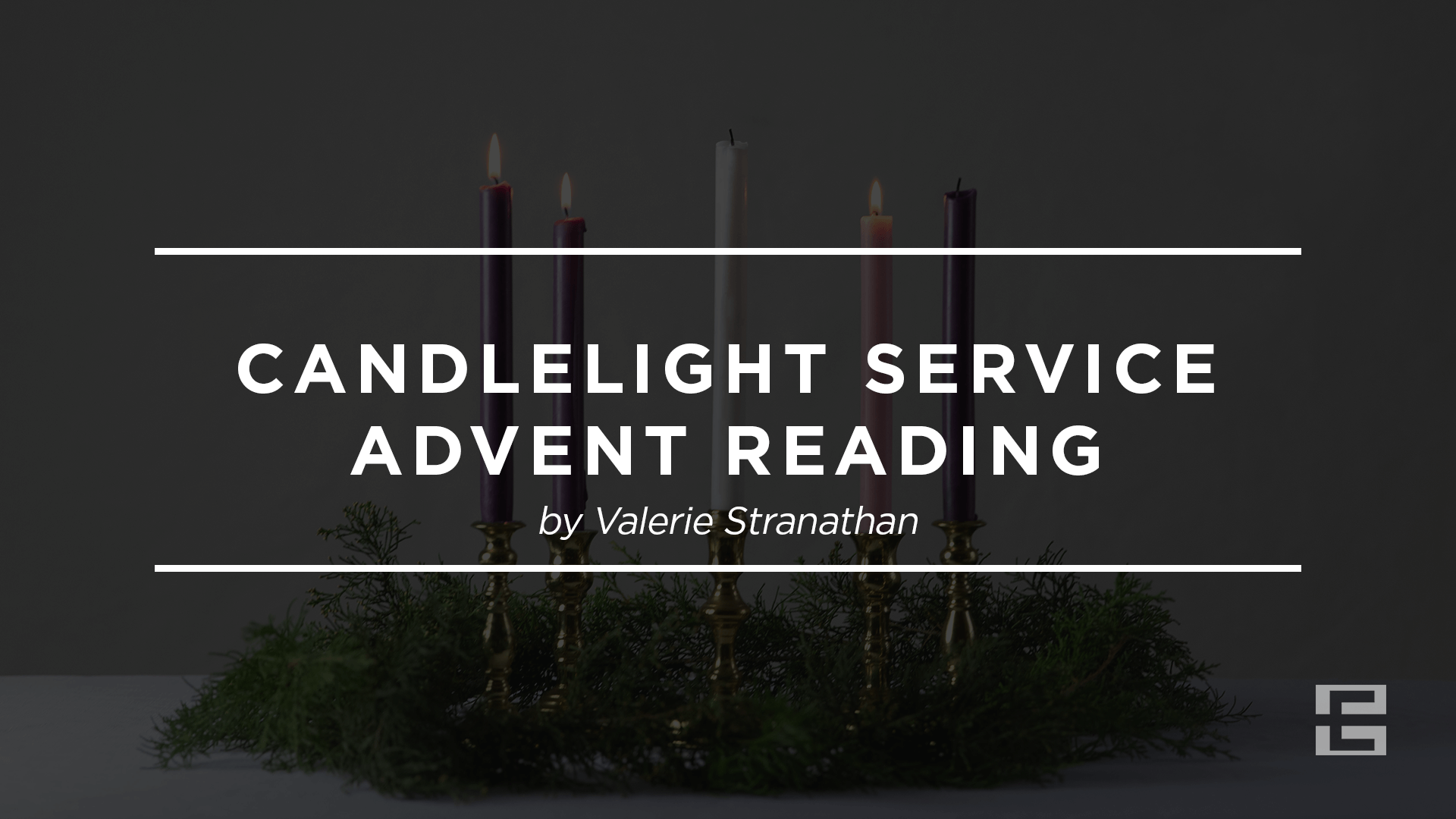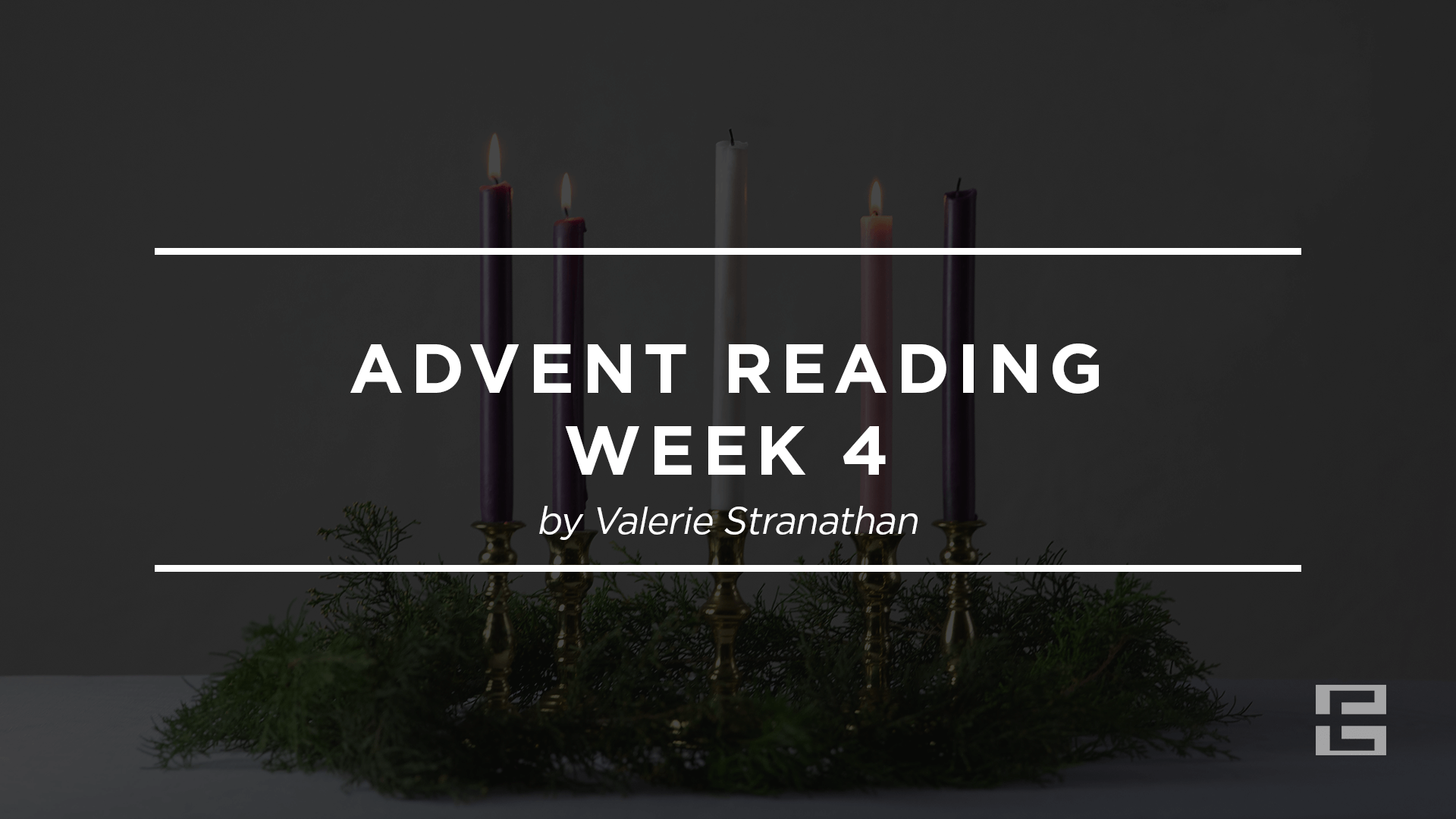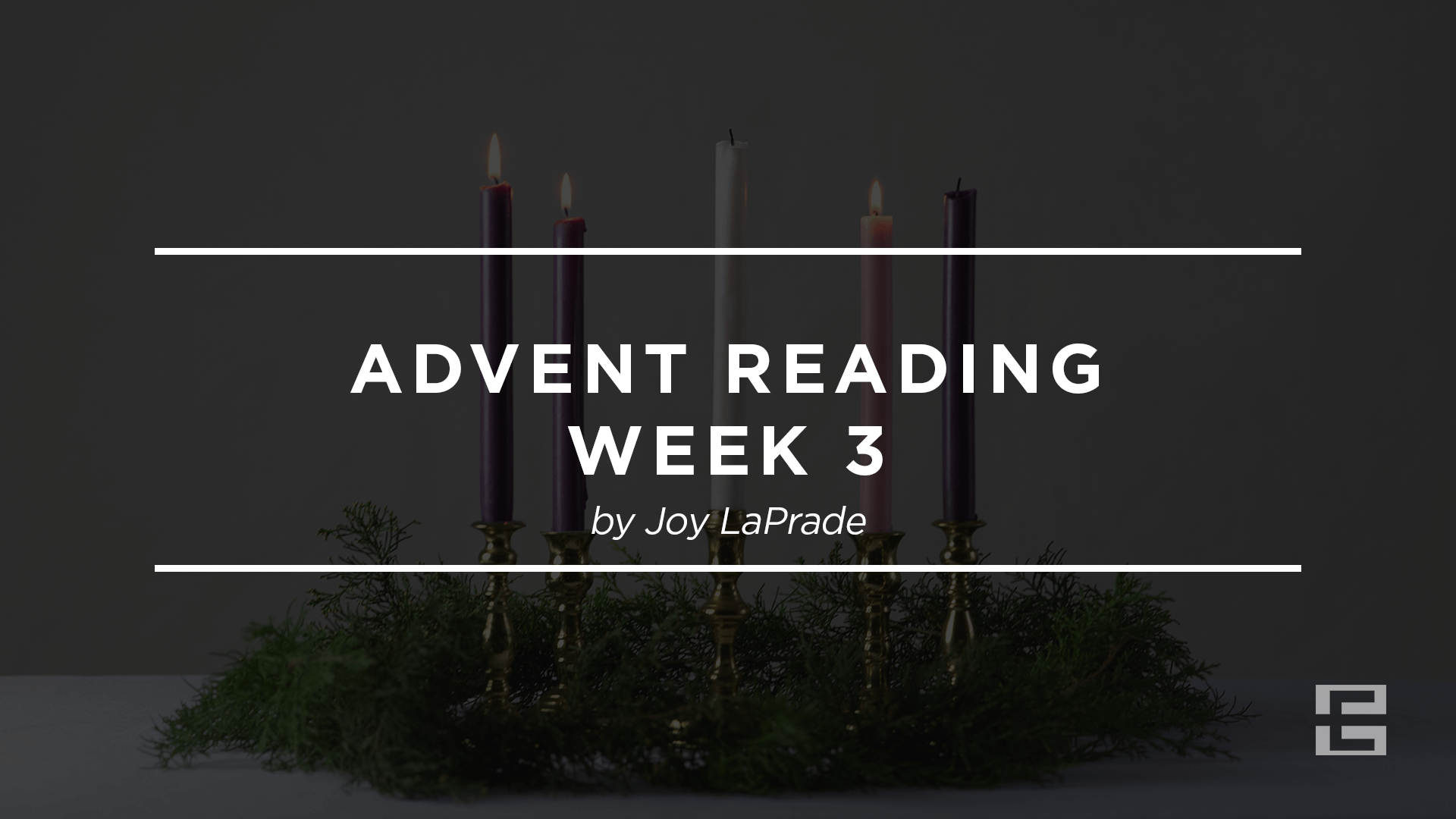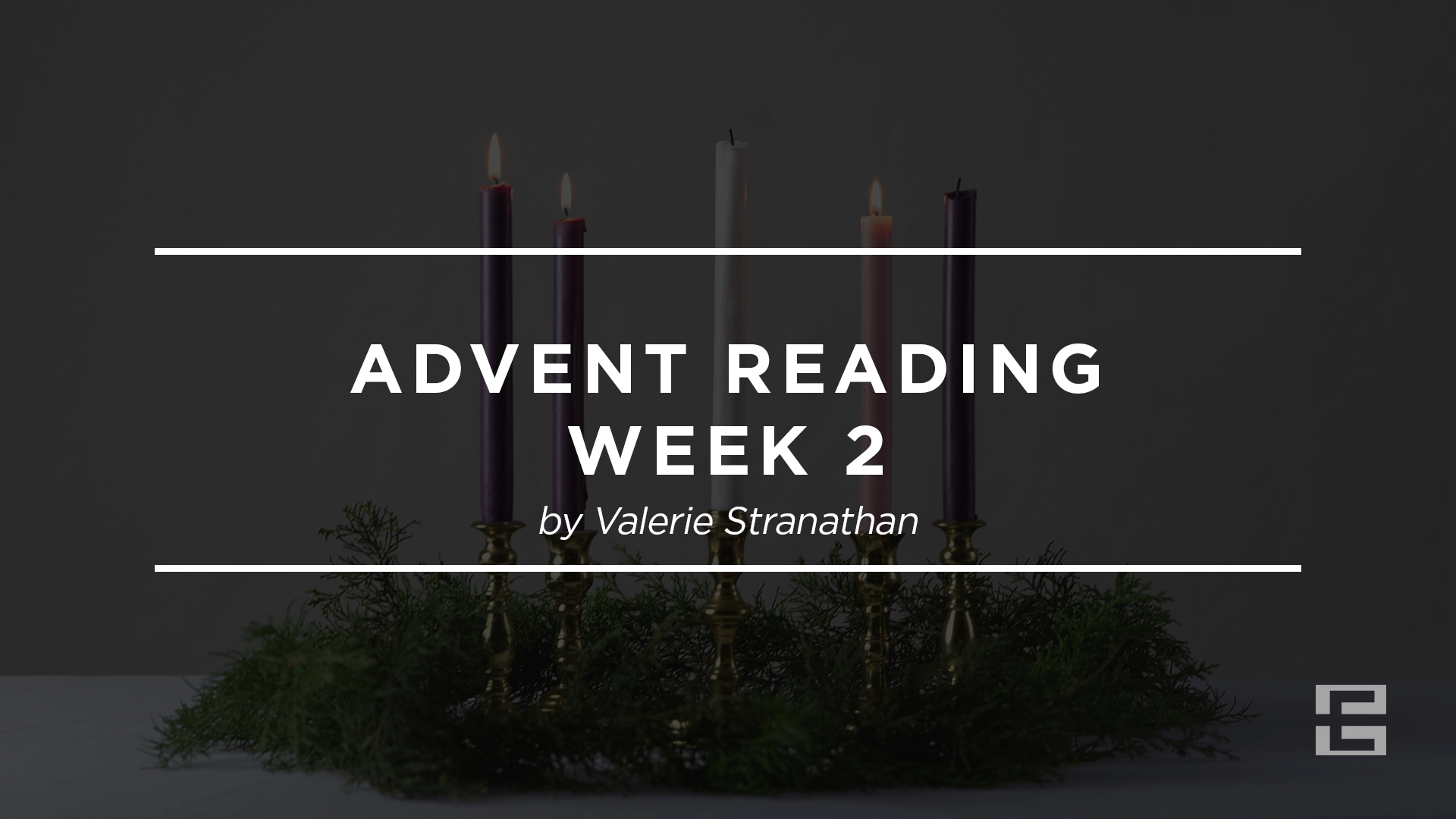“Be still, and know that I am God.”
I’ve always loved this verse. It’s comforting, familiar.
I always understood it as an encouragement to rest; God inviting me to spend quiet time with him. But then I began to study Psalm 46 for our women’s Bible study and I got a little disoriented. That seemingly gentle invitation in verse 10 comes after a description of war and “desolations” in verses 8 and 9: “the Lord … breaks the bow and shatters the spear; he burns the chariots with fire.”
How could I reconcile this violence and chaos with “be still and know”?
I found help by studying the context of the Psalm, one of the tools for Bible study that we practice in our homework and small group discussions each week. Reading in context simply means paying attention to how a passage relates to the verses around it, as well as understanding who wrote it, when, and why.
What I learned about Psalm 46 showed me I’d completely misunderstood verse 10. But learning it in context made it far more encouraging to me than it ever was before. We learned this psalm was written by the Sons of Korah, a group of worship leaders in ancient Israel. They had written this as a prayer or song to be used by the Israelites—to remind them of who they were and who God was.
Leading up to verse 10, the psalm describes God’s enemies making war against him and against his people. As they sang or prayed Psalm 46, the Israelites might have easily imagined the nations who could defeat them in battle. But then, the Psalm reminds them who is on their side—the God who “makes wars cease to the end of the earth; he breaks the bow and shatters the shield; he burns the chariots with fire.”
This is where verse 10 comes in, not as a quiet whisper but a shout of victory. God proclaims his triumph over his enemies: “Be still! Know that I am God!” The one who “utters his voice, (and) the earth melts,” goes on to declare, “I will be exalted among the nations, I will be exalted in the earth!”
Thanks to our work in Bible study, I realized verse 10 was not about quiet time at all; it was about God’s power, God’s glory, and God’s faithfulness to protect his people from their enemies.
By learning this verse in context, it becomes far more encouraging to us. We know the feeling of being like Israel—small, defenseless, under attack from our enemies, anxious and fearful. We are tempted to trust in idols to protect us; we are tempted to trust in our own strength or abilities. We need the Psalms to remind us that “God is our refuge and strength, a very present help in trouble.”
We need to take the time to study and learn familiar Bible verses in context, to know what they meant to the people who first wrote and read them. Even though they lived in a time and culture distant from ours, they struggled with similar sins and fears; they needed to hear, recite, and remember the same truths about God.
This is what we get to learn together in women’s Bible study, and what we’ll be doing beginning next week in the book of Colossians. We’d love to have you join us—click here to register.



